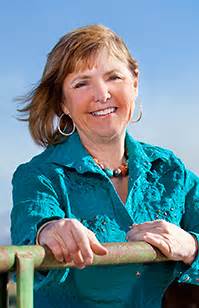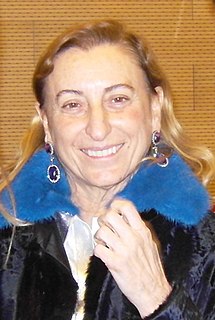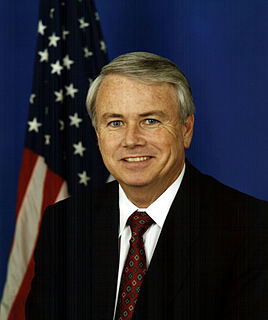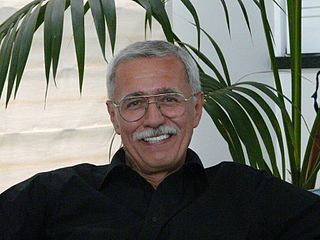A Quote by Marianne Elliott
Horses are wild animals, essentially, and they're not there to do what humans want them to - they can be browbeaten or cajoled or trained, but they don't hear English; they're not obedient most of the time.
Quote Topics
Related Quotes
Since humans first huddled around campfires, stories have been told of wild horses with wind in their manes, fire in their eyes and freedom in their hearts. Those horses eluded capture, and scorned the comforts of civilization. Americans have insisted they want their wild horses to live that way, forever.
Hear and attend and listen; for this is what befell and be-happened and became and was, O my Best Beloved, when the Tame animals were wild. The dog was wild, and the Horse was wild, and the Cow was wild, and the Sheep was wild, and the Pig was wild -as wild as wild could be - and they walked in the Wet Wild Woods by their wild lones. But the wildest of all the wild animals was the Cat. He walked by himself and all places were alike to him
When humans act like animals, they become the most dangerous of animals to themselves and other humans, and this is because of another critical difference between humans and animals: Whereas animals are usually restrained by the limits of physical appetites, humans have mental appetites that can be far more gross and capacious than physical ones. Only humans squander and hoard, murder and pillage because of notions.
English literature, from the days of the minstrels to the Lake Poets,--Chaucer and Spenser and Milton, and even Shakespeare, included,--breathes no quite fresh and, in this sense, wild strain. It is an essentially tame and civilized literature, reflecting Greece and Rome. Her wildness is a greenwood, her wild man a Robin Hood. There is plenty of genial love of Nature, but not so much of Nature herself. Her chronicles inform us when her wild animals, but not the wild man in her, became extinct.
Humans — who enslave, castrate, experiment on, and fillet other animals — have had an understandable penchant for pretending animals do not feel pain. A sharp distinction between humans and 'animals' is essential if we are to bend them to our will, make them work for us, wear them, eat them — without any disquieting tinges of guilt or regret. It is unseemly of us, who often behave so unfeelingly toward other animals, to contend that only humans can suffer. The behavior of other animals renders such pretensions specious. They are just too much like us.
Some meat eaters defend meat eating by pointing out that it is natural: in the wild, animals eat one another. The animals that end up on our breakfast, lunch, and dinner plates, however, aren't those who normally eat other animals. The animals we exploit for food are not the lions and tigers and bears of the world. For the most part, we eat the gentle vegan animals. However, on today's farms, we actually force them to become meat eaters by making them eat feed containing the rendered remains of other animals, which they would never eat in the wild.
All humans are essentially wild creatures and hate confinement. We need what is wild, and we thrill to it, our wildness bubbling over with an anarchic joie de vivre. We glint when the wild light shines. The more suffocatingly enclosed we are - tamed by television, controlled by mortgages and bureaucracy - the louder our wild genes scream in aggression, anger and depression.
It was wrong to capture wild animals and confine them in captivity for people to go and gawk at them. And that's basically how zoos got started. But once you do that, and once you have animals that have been bred in captivity, you're really stuck with them in some sense. You can't return them to the wild.
Harry is heavily into camping, and every year in the late fall, he makes us all go to Assateague, which is an island on the Atlantic Ocean famous for its wild horses. I realize that the concept of wild horses probably stirs romantic notions in many of you, but this is because you have never met any wild horses in person. In person, they are like enormous hooved rats. They amble up to your camp site, and their attitude is: We're wild horses. We're going to eat your food, knock down your tent and poop on your shoes. We're protected by federal law, just like Richard Nixon.





































